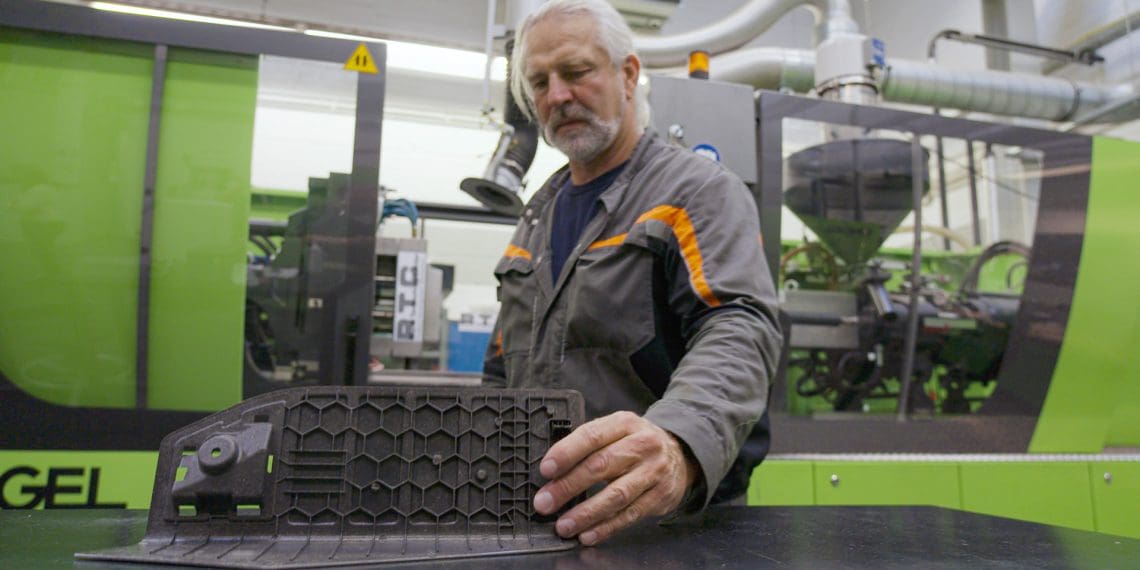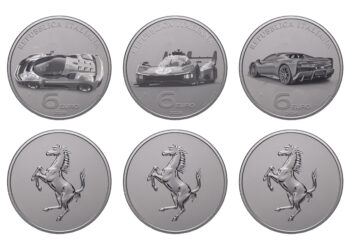Olive trees produce a fruit that is consumed worldwide, either as an appetizer or in the production of olive oil. But Ford is testing another use… turning it into car parts.
The pilot test was conducted as part of the COMPOlive project, which aims to introduce environmental changes in olive production by using biocomposites instead of plastics and supporting the circular economy. Basically, it involves using branches, twigs, and leaves that are discarded during harvests to create car parts, with the goal of reducing the volumes of plastics used in these components.
Engineers have produced prototypes of foot supports and trunk area parts from olive tree waste. The tests have shown that the produced parts are robust and durable, and Ford is evaluating the process for mass use in the next generation of electric vehicles.
In the video below, the blue oval brand explains how it achieves a material composed of 40 percent fibers and 60 percent recycled polypropylene plastic, and how the substance is heated and injection molded into the shape of the selected part.
“At Ford, we are always looking for ways to become more sustainable, and sometimes inspiration can come from the most unlikely places. By using olive tree waste, we can replace a significant amount of petroleum-based raw materials in interior parts. The sustainable fibers create a unique surface appearance and would be directly visible to our customers.” Inga Wehmeyer, project manager.










